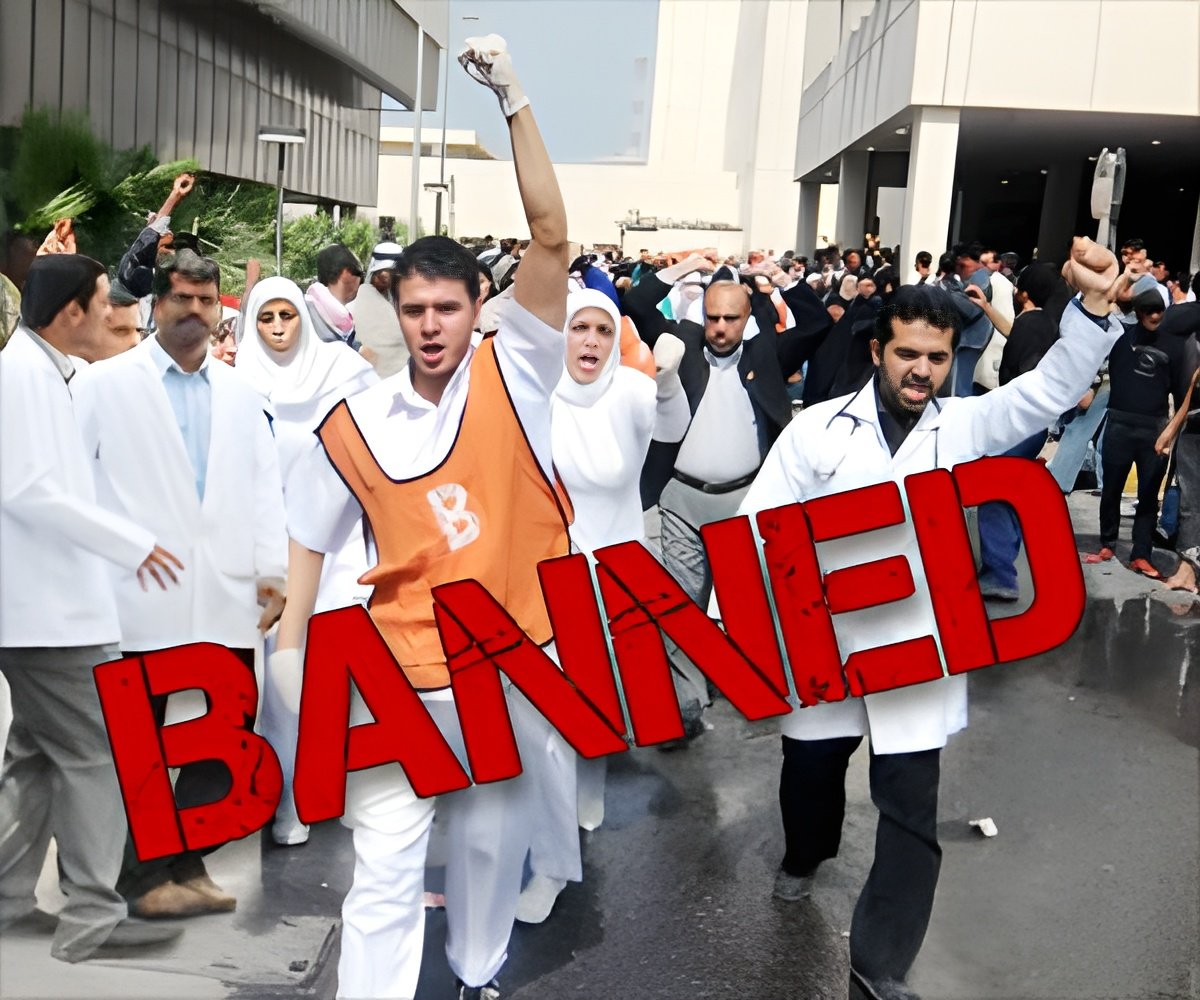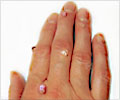The IMA authorities said that the MCI cannot ban strikes because right to protest is a fundamental right under Article 19 of the Constitution of India.

The IMA authorities explained that the MCI cannot ban strikes because right to protest is a fundamental right under Article 19 of the Constitution of India.
Dr Krishna Kumar Aggarwal, Honorary Secretary General, IMA, said that doctors’ protests are legal if it does not harm lives of innocent people.
“We are not buying into the order of the MCI. Strikes are legal if it is conducted after adequate notice and if it doesn’t affect the patients who need emergency services,” Dr Aggarwal said.
However, Dr Aggarwal said that the IMA is strictly against the unnecessary and illegal protests. “We are also aware that doctors are agents of God and should perform duties with utmost sincerity. We will never support a strike which is illegal and that puts people in trouble,” he added.
IMA members claimed that doctors make sure that the emergency and essential services never suffered whenever they conduct a strike.
The long-awaited action from MCI comes in the wake of the apex court’s order dated November 11, 2014, passed on a Public-Interest-Litigation (PIL) filed by People for Better Treatment (PBT) against the massive IMA strike in 2012. The strike was organized as part of the protest the law to regulate costs of treatment in private clinical establishments.
State MCI officials confirmed that the order banning doctors’ strikes has been received from their head office in New Delhi and would be followed strictly.
"Each time doctors in the city call a strike, lakhs of people suffer. There is no excuse for putting patients through such trauma. However, there are several incidents of assault on doctors and hospitals. The state governments should ensure that the Hospital Protection Act is implemented effectively," said an MCI official.
The PIL was considered by a Bench headed by Chief Justice of India HL Dattu. They relied on a 2006 judgment of a Constitution Bench in a case seeking action against striking advocates. The Constitution Bench in 2006 ordered that the Bar Council of India and state bar councils must take action against bar associations on strike and sponsors of such strikes. The same analogy must be applied to doctors. The Medical Council of India and its sub councils should take suitable action against striking doctors.
Kunal Saha, head, PBT, said, “It is sad that our system took several months to introduce a regulation on doctors’ strike which crippled the entire healthcare system in the country.”








